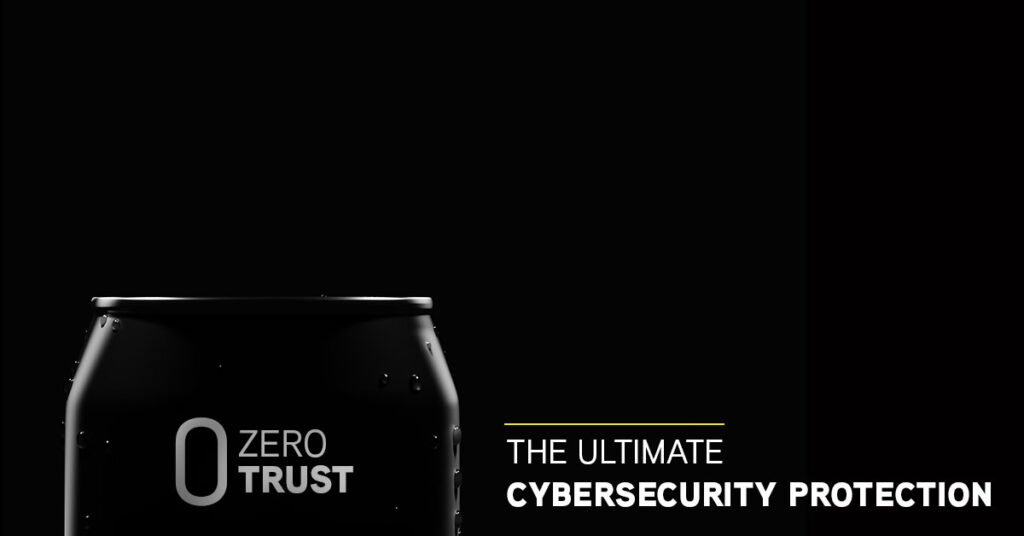Don’t Trust These Zero Trust Security Myths

In today’s threat landscape, businesses are constantly at risk of being targeted by a cyberattack. Adopting a zero trust security model could be a wise decision from a cybersecurity point of view.
Zero trust works on the premise that everything — humans, machines or applications — poses a risk to your network and must prove trustworthy before accessing your organization’s network or data. By insisting on verification and authentication at every step, zero trust makes it difficult for a hacker to gain access through a compromised user account or device.
With the increasing acceptance of the zero trust framework, there has also been an increase in misinformation surrounding it, fueled mainly by security vendors vying to sell their products. In this blog, we will discuss the top zero trust myths and how an IT service provider can ease the transition toward zero trust security.
Top zero trust myths busted
Let’s take a quick look at the four common myths surrounding the zero trust framework and dispel them with facts:
Myth #1: I can achieve zero trust for my business by using a zero trust product.
Fact: There are no miracle zero trust solutions. Zero trust is a security strategy that needs to be implemented systematically. However, you can use solutions and tools to support the framework. Consider getting help from an IT security provider to identify and implement the solutions best suited for your business.
Myth #2: Zero trust is too complicated for me to implement.
Fact: It can be challenging for businesses with limited knowledge or resources to achieve a zero trust security framework.
If you lack expertise, consider partnering with a trusted IT service provider who can help you understand your business’s risk profile and develop a realistic roadmap to implement a comprehensive and effective zero trust security strategy.
Myth #3: Zero trust will make it difficult for my employees to do their jobs and will negatively impact productivity and morale.
Fact: Zero trust enables better user experience and promotes increased collaboration. While increased friction and decreased efficiency due to additional security layers could surface, an IT service provider can certainly help. By suggesting user-friendly policies and easy-to-use solutions that balance security with convenience, your employees can perform their jobs seamlessly.
Myth #4: Implementing zero trust is too expensive.
Truth: Implementing zero trust can be expensive, but that cost is still lower than the fortune you may have to shell out in the event of a major cybersecurity incident. You may have to deploy additional resources and tools to get the best out of a zero trust security model. Fortunately, you can control expenses and increase efficiency by opting for the help of an IT service provider.
The time to act is now!
By now, it should be clear that zero trust is an effective security framework that can help protect your business against cyberattacks while ensuring business continuity in the event of a breach. With that said, implementing zero trust on your own can be a challenge. That’s why partnering with a specialist like us is the best option. Reach out to learn how you can leverage our expertise to implement an efficient zero trust model with minimal effort.
The time to act is now. Start your journey towards a more secure future for your business today with a zero trust
security model. To dive deeper into the concept, download our checklist below — How to Achieve Zero Trust Security. It is a valuable resource that can help you effortlessly get started with zero trust security.
Author
Michael Menozzi
Michael Menozzi is the CEO/Owner of Menozzi Enterprises LLC, as well as Menozzi IT Solutions.

